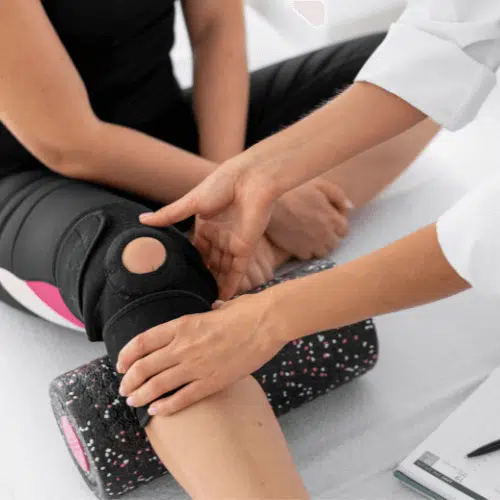About Axis Spine And Orthopedics
About Axis Spine And Orthopedics
Blog Article
4 Easy Facts About Axis Spine And Orthopedics Described
Table of ContentsRumored Buzz on Axis Spine And OrthopedicsThe Greatest Guide To Axis Spine And OrthopedicsHow Axis Spine And Orthopedics can Save You Time, Stress, and Money.The Of Axis Spine And Orthopedics
An orthopedic specialist is a physician who specializes in treating issues of the bones, joints, and connective cells, and ensuring you preserve a healthy musculoskeletal system., we have very certified orthopedic doctors that are capable of treating people of all ages. I obtained entailed in study throughout my initial year of clinical institution, and I started making links with orthopedic cosmetic surgeons early on.
Follow these guidelines thoroughly to prevent problems during the procedure. Review the post-operative care strategy with your surgeon. Comprehend what to anticipate during the recuperation duration and the length of time it will certainly take to return to everyday tasks. Organize for transportation to and from the hospital on the day of surgery.
Getting My Axis Spine And Orthopedics To Work

Your physician will offer lots of details pertaining to post-operative care, including just how to remain tidy and maintain the medical area clean. Adhering to these tips can prepare you literally and mentally for your orthopedic surgical procedure. Remember to keep a favorable expectation and depend on your clinical group's proficiency, adding to a smoother recuperation procedure.

Nobody expects you to know anything, so do not try to memorize a bunch of random facts. Otherwise, joint pain can actually mess up your life.
Usual problems dealt with by orthopedic specialists are: Fractures and Bone Injury: Broken bones and other injuries from mishaps or effects. Bone Cancer Cells: Lumps in the bones. Orthopedic Trauma: Severe injuries impacting bones, joints, or soft tissues.
Orthopedic doctors execute a selection of procedures to help people with bone and joint issues. Apart from these subspecialists, some orthopedic specialists are generalists. Training may include typical medical college (a medical professional of medication level, or MD)or osteopathic education (a physician of osteopathy degree, or DO) - axis spine.
More About Axis Spine And Orthopedics
Next, they complete an orthopedic residency. It's commonly 5 years and gives hands-on knowing in a medical setting. Restricted movement because of discomfort. Rigidity. Appointments usually include: Discussing your signs and symptoms, clinical history and way of life. A physical examination, including moving the affected joint in certain ways. Imaging researches, such as an X-ray. Full Report Description of your medical diagnosis.
The orthopedic implant ought to be specifically created to fit the person's anatomy and guarantee stability during the healing process. The success of orthopedic treatments relies greatly on the appropriate option and positioning of implants that are compatible with the person's makeup and medical background. By prioritizing individual security and health, orthopedic specialists can achieve effective outcomes and supply the highest top quality of treatment to their individuals. Report this page